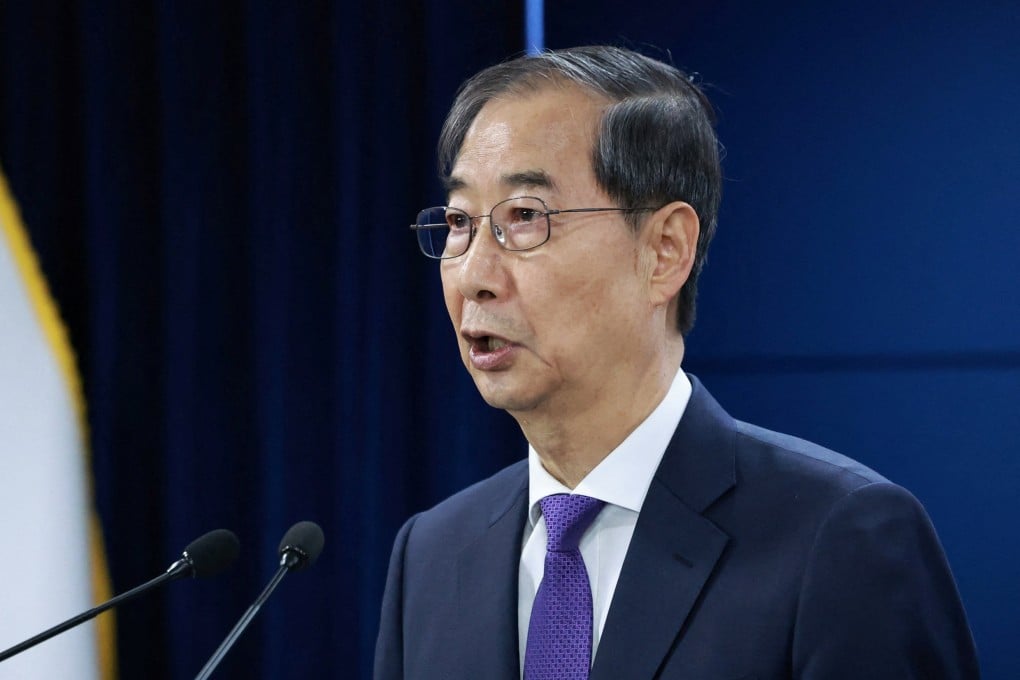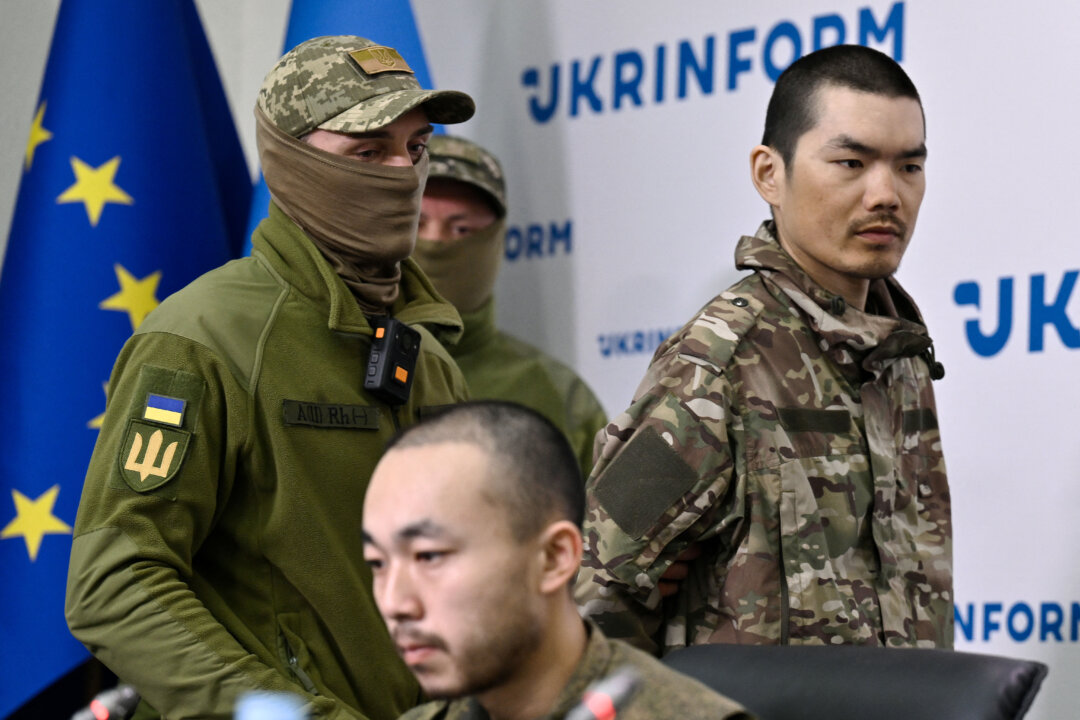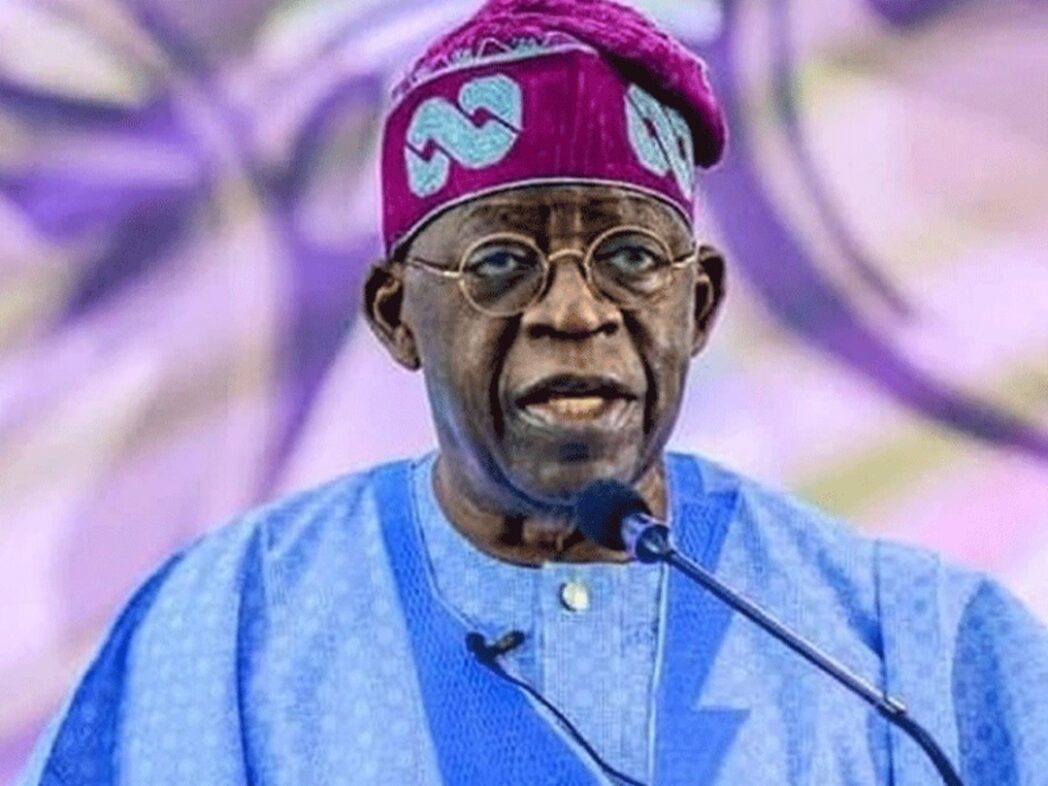Prime Minister Shigeru Ishiba visited Vietnam and the Philippines through Wednesday hoping to offer up Japan as a reliable partner at a time when U.S. tariffs and China's attempts to further expand its clout in Southeast Asia are causing concern.
With President Donald Trump's tariffs shaking members of the Association of Southeast Asian Nations, diplomacy experts said Ishiba underscored that Japan, which has long maintained stable cooperation with the region, can play a dependable role. Japan's support for ASEAN countries, such as through its "official security assistance" program to help enhance defense capabilities, will also benefit Tokyo by promoting a free and open Indo-Pacific and peace in the South China Sea, they said. After returning to the White House in January, Trump, who has championed his protectionist "America First" agenda, announced severe "reciprocal" tariffs in early April, which could have an extremely negative impact on ASEAN economies.

The United States announced duties of 49 percent on Cambodia, 48 percent on Laos, and 46 percent on Vietnam, compared to 24 percent on Japan, although Trump later suspended most for 90 days while leaving in place across-the-board 10 percent levies. Before leaving Tokyo for Southeast Asia, Ishiba told reporters that U.S.
tariffs prompted him to "shape policies" to minimize their repercussions on the economy by "hearing" the voices of Japanese companies operating in the region. Among the background factors behind the high rates imposed on Southeast Asia is the shift of many manufacturing businesses from China to the region following the Sino-U.S.
trade war during Trump's first administration, which began in 2017, the experts said. It is more than an economic matter. Jeffrey Hornung, a senior political scientist at the U.
S. research organization Rand, said the tariffs are "probably going to cause friction and difficulties" between the United States and ASEAN nations. In addition, Trump has so far shown little interest in ASEAN.
If the United States "continues to lack commitment" to the bloc, Southeast Asia's frustration would provide a window of opportunity for China to "build allies" in the region, Hornung said. Trump's tariff push has renewed the rivalry between the world's two largest economies, with China criticizing the U.S.
moves as "hegemonic and bullying" and taking retaliatory actions that have led to another tit-for-tat trade row. In mid-April, Chinese President Xi Jinping, who was believed to be reluctant to open the country's markets to the world, toured Vietnam, Malaysia and Cambodia, in a show of Beijing's emphasis on working with Southeast Asia to deal with the tariff issue. However, most ASEAN nations still hope the United States will remain committed, especially in terms of security.
None want Southeast Asia to be dominated by a single power, even though China's enormous economy is attractive, the experts say. Under the circumstances, Japan, a close U.S.
security ally, can function as an intermediary between ASEAN members and the United States, given that Tokyo and Southeast Asia uphold fundamental values like freedom, democracy and the rule of law, they added. During his visit, Ishiba agreed to beef up security cooperation, including establishing a vice-ministerial-level foreign affairs and defense dialogue framework with Hanoi, and launching discussions on concluding an information-sharing pact with Manila. Moreover, Japan, which has renounced war and the use of force to resolve international disputes under its pacifist Constitution for around 80 years, has aided coast guards and sold surveillance radars to the Philippines in recent years.
Hornung, the Japan lead for the Rand National Security Research Division, said Tokyo's focus on Southeast Asia has "benefited the United States" as Washington "does not provide the same level of commitment," adding Japan has taken on greater importance. Tomotaka Shoji, director of the Regional Studies Department at the National Institute for Defense Studies, echoed the view, saying Japan is regarded as a trusted partner by ASEAN, as it has forged extremely stable cooperative ties with it over a long period. Joanne Lin, a senior fellow and co-coordinator of the ASEAN Studies Centre at the Singapore-based ISEAS-Yusof Ishak Institute, stressed the significance of Japan's official security assistance program to supply defense equipment to like-minded partners.
Under the defense aid scheme introduced in 2023, Japan has decided to offer patrol boats, rescue boats and radars to the Philippines, Malaysia, Indonesia and others. Vietnam may also accept based on Ishiba's agreement with Prime Minister Pham Minh Chinh on Monday. Security assistance-related measures allow Japan to "support regional stability while reinforcing its vision of a free and open Indo-Pacific," Lin said.
Japan's "nonoffensive" equipment provision is not "escalating tensions" but "aligns with ASEAN's preference for nonconfrontational methods in addressing regional security concerns" while sending a "clear signal of strategic backing" from Tokyo, Lin added..
Politics

Japan's role for ASEAN increasingly crucial amid U.S. tariff standoff

Prime Minister Shigeru Ishiba visited Vietnam and the Philippines through Wednesday hoping to offer up Japan as a reliable partner at a time when U.S. tariffs and China's...















